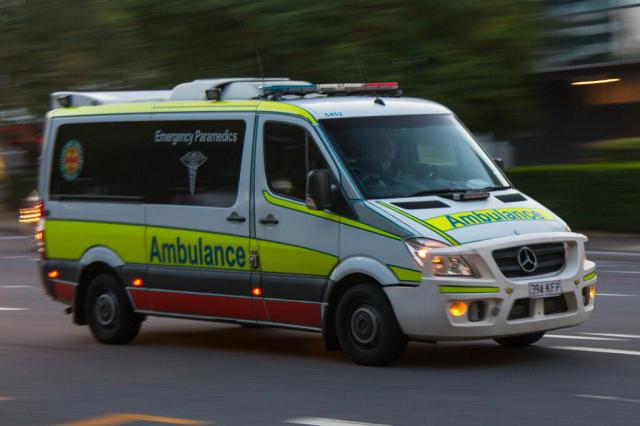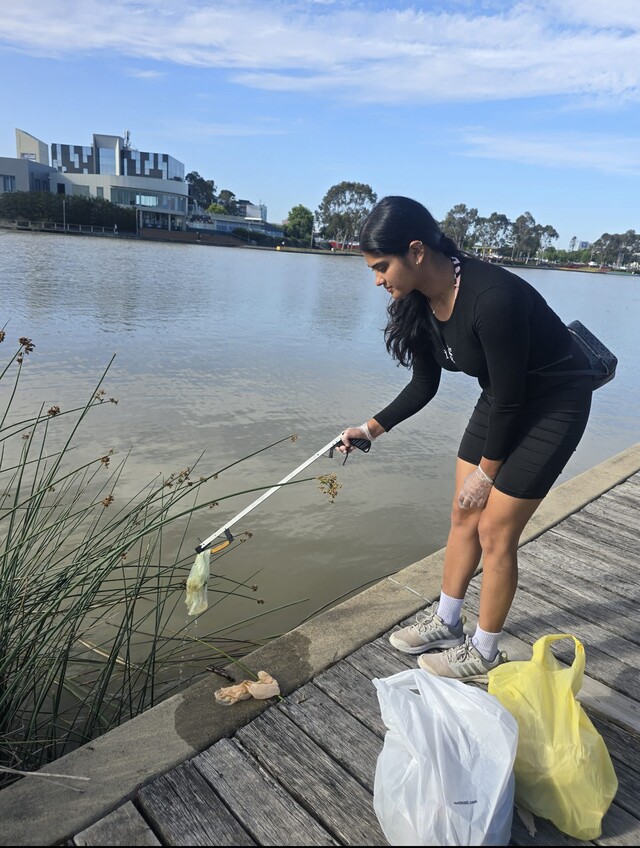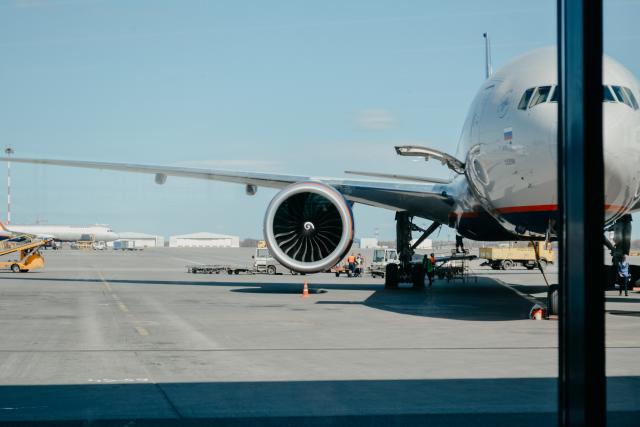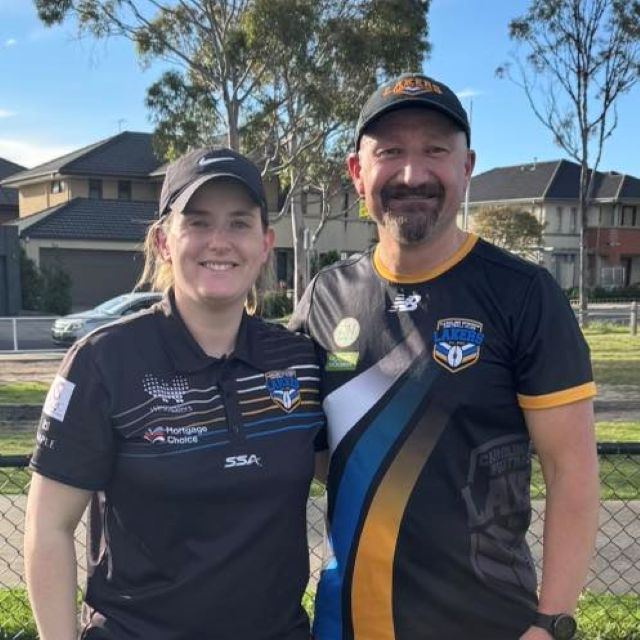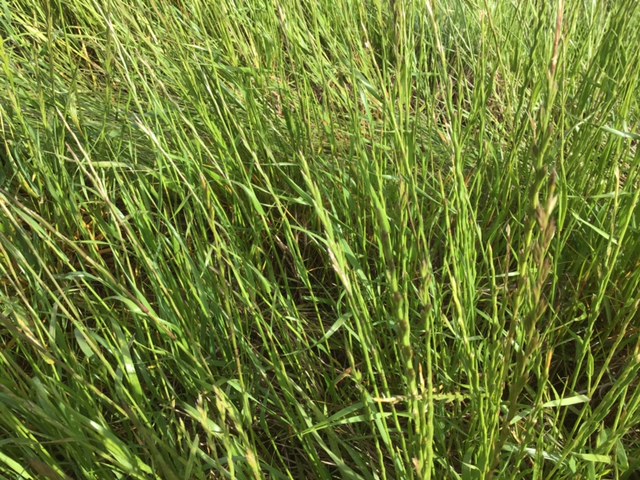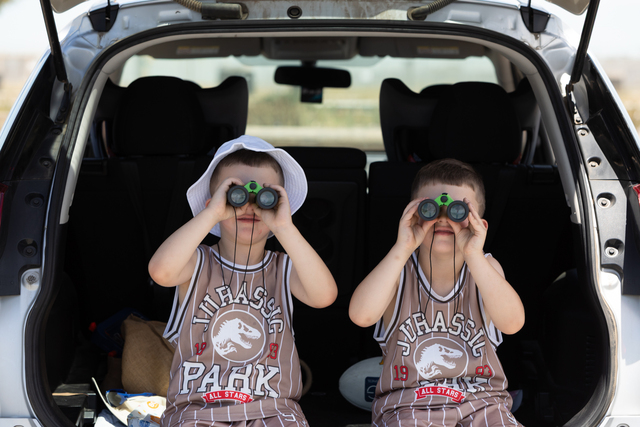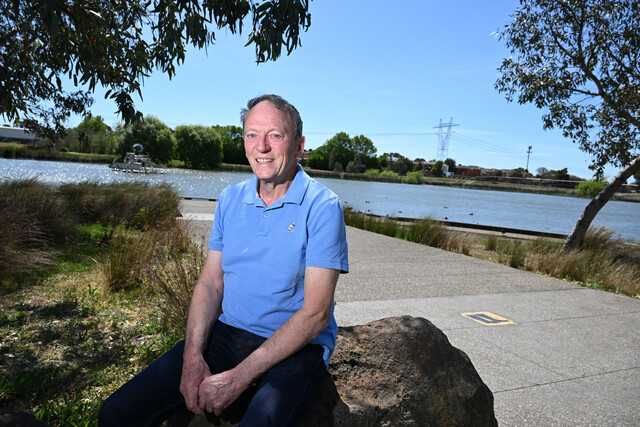With the warmer weather approaching and Victorians heading outdoors, Ambulance Victoria’s (AV) Wilderness Response paramedics are prepared for any emergencies in remote and wilderness areas across the state.
AV’s team of more than 120 specially trained wilderness paramedics are sent to some of Victoria’s most secluded and treacherous alpine or bush areas to help missing or injured people, 4WD off-road incidents or mountain bike falls, or cases where air ambulance is unable to access a patient.
Consider whether you’re an inexperienced hiker or if you’re a capable bushwalker, make sure you choose the right hike, don’t over-extend yourself and be prepared.
Plan ahead by monitoring the conditions and let someone know where you’re going and when you’ll return.
Take plenty of water, sunscreen, food, phone and a Personal Locator Beacon (PLB).
Wilderness Response paramedics are Advanced Life Support (ALS) and Mobile Intensive Care Ambulance (MICA) paramedics who are trained to be self-sufficient in the wilderness and can be sent off-road whenever a wilderness response is required.
AV emergency management planning coordinator for Gippsland Danny Anderson said the wilderness response team were called on to play key roles in larger-scale community emergencies such as the Wye River fires in 2016, the Mallacoota fires in 2020 and Traralgon storms in 2021.
“Our wilderness paramedics can be flown or dropped into isolated, remote communities during an emergency or natural disaster, so they are completely self-sufficient, they carry with them their gear, water, meals and a communications radio,” he said.
“It’s about supporting these communities in scenarios where medical assistance may be hard to access.
“It’s a true specialist role in which select paramedics are specifically trained for and they must have the right experience being out in the elements in the bush as well; it’s not a typical ambulance job.”
The opportunity to become a Wilderness Response paramedic is offered to paramedics with strong outdoor skills and who have more than five years’ experience on-road.

